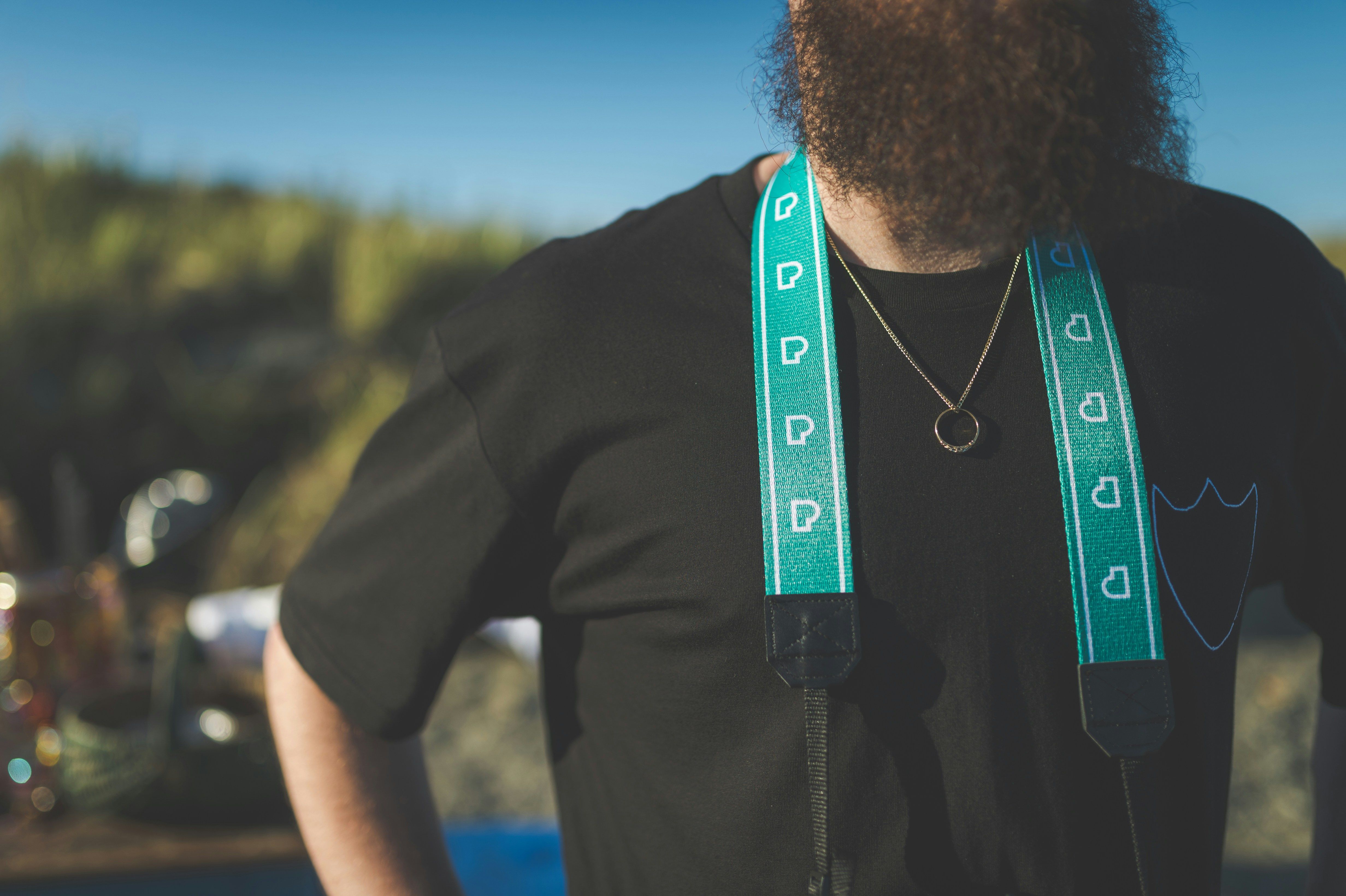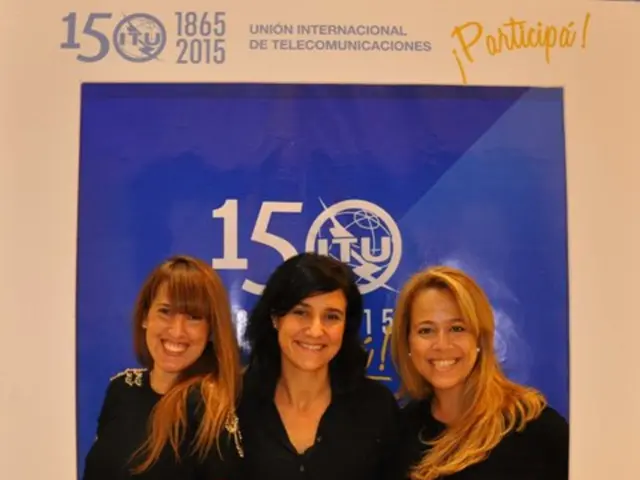Japan tightens regulations on unique baby names, such as Pikachu or Nike.
Japan Cracks Down on Unique Names: "Kirakira" Names Now With Limits
TOKYO - A shift in societal norms has led some Japanese parents to choose unusual names for their children, such as "Nike," "Pikachu," or "Pudding." While this remains a minority trend, these names have gained traction over the past few decades.
However, the practice has sparked controversy, with criticism over the confusion it causes for hospitals, schools, and authorities who may struggle to pronounce the names correctly. To address this issue, the Japanese government has introduced new rules to limit the use of so-called "kirakira" names, meaning "sparkly" or "shiny." The rules took effect on Monday.
Reactions to the new regulations have been mixed. Some view these names as an expression of individualism and argue against government interference. One social media user voiced, "They're not children of the nation, right? They're children of their parents."
On the other hand, many support the changes, expressing concerns about potential harassment and administrative complications that children with unusual names might face. One user commented, "Why do certain people put kirakira names on their kids? It just causes those kids to be bullied."
The change stems from Japan's three writing systems, which include Kanji - based on Chinese characters. The complexity of these characters allows for multiple pronunciations, making it difficult for authorities to decipher the intended pronunciation of an unconventional name based on its written form.
To address this problem, the government will now only accept widely-accepted pronunciations of kanji characters. Parents will need to include the phonetic readings of their baby names in the registry, and if officials find that a name's phonetic sound does not match its traditional pronunciation, they may reject the name or request additional paperwork.
Critics argue that these new rules infringe on parents' creative freedom and cultural innovation. However, supporters claim the regulations are necessary to simplify administrative processes, alleviate confusion, and promote the well-being of children.
Overall, the debate reflects broader issues surrounding cultural expression, personal freedom, and the role of government in regulating personal choices. This is not the first time Japan has faced controversy over naming rules; the requirement for married couples to share the same surname has sparked debate as well.
It is worth noting that the debate over unusual names is not unique to Japan. Other countries, such as the United States, China, and New Zealand, have also imposed restrictions on baby names to ensure consistency and avoid potential confusion. For example, California only allows names using the 26 alphabetical characters of the English language, while Germany may reject a name if it is considered offensive or potentially harmful to a child's welfare.
- The new regulations in Japan, aimed at limiting the use of unique names referred to as "kirakira", have sparked discussions on personal freedom, cultural expression, and government intervention in the realm of policy and legislation, especially in the sectors of education-and-self-development and politics.
- As these debates unfold, comparisons are being drawn between Japan's approach to baby names and those of other countries, such as the United States, China, and New Zealand, which have their own policies in place to ensure consistency and prevent potential confusion in news and general-news contexts.





